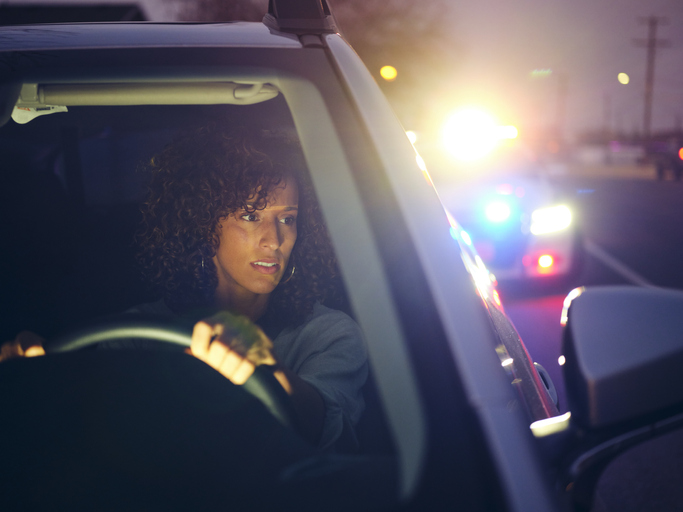Every year in the Houston area, hundreds of defendants are charged with the possession of a controlled substance. The most commonly abused controlled substances in the Houston area are marijuana, cocaine, methamphetamine and prescription pills like Xanax or Oxycodone. Almost all drug possession cases involve the search of a person, home or vehicle. But what happens if you have been arrested for possession of controlled substance after drugs were found in a car? What if the drugs were not physically on you but were found in the trunk of under a seat? Does it matter if the car belonged to you?
In Texas, all of these questions depend on whether the State has evidence to prove knowing possession. As can be imaged, the element of knowing “possession” in a controlled substance case is the element that is most frequently disputed. Under Texas Health and Safety Code 481.002, possession is defined as the actual care, custody, control or management of the controlled substance. In order to prove possession, the State of Texas needs to have evidence that a person was aware of the existence of a substance, not necessarily that that the person had direct control over the substance at the time of the arrest. It is important to remember that although the State must prove knowing possession, it does not need to prove ownership of a substance.
Whether or not the state can meet the element of knowing possession in a case where drugs are found in a vehicle depends on the particular facts of a case. There are no special rules that dictate what happens when drugs are found in a vehicle. For example, if cocaine was found in the trunk of a car, or in the center console of a car, the State must present evidence that affirmatively links the defendant to the cocaine in such a way that a reasonable conclusion could arise that the defendant knew of its existence and exercised control over it. Such an affirmative link could be established by relying on the circumstances and facts indicating knowledge that the cocaine was in the vehicle and by eliminating the possibility that someone else could have left it there.
In the example of cocaine, a police officer might ask a defendant whether or not anybody else recently had access to the car or had been in the car (to eliminate the possibility that someone else might have left the cocaine there) and rely on a defendant’s reactions to learning that the cocaine was in the vehicle. Evidence that a defendant had recently used cocaine (or any other drug) could also be evidence that would tend to show knowledge of the existence of the drug. For example, if a police office finds methamphetamine in a car that smells like methamphetamine smoke, that could raise a reasonable inference that the driver of a car was aware of methamphetamine found under the driver’s seat.
It can become especially difficult for the State to prove knowing possession of a controlled substance if there were multiple people in the car. In the absence of a confession by one of the occupants, the mere fact that someone is present in a location where a controlled substance is discovered is not enough to prove possession, particularly if there are other people present.
A drug possession attorney should aggressively challenge the existence of knowing possession wherever possible. In Texas, many courts have held that several situations where a controlled substance was found in a vehicle do not amount to knowing possession. Some examples of situations where Texas courts have said that the evidence is insufficient to support a finding of knowing possession where there was no other evidence to support possession include:
-Defendant was a passenger in a car containing a large amount of marijuana but there was no other evidence of guilt
-Defendant entered a vehicle just before and arrest and cocaine was found near where the defendant was seated
-Defendant was a passenger in the back seat and cocaine was found on the dashboard
-Methamphetamine found in an unzipped gym bag
Due to the challenges that can arise when attempting to prove knowing possession of a controlled substance in a vehicle, police officers will attempt to get incriminatory statements from the car’s occupants and also be observant of their reactions when the controlled substance is found. For this reason, it is always a bad idea to talk to the police or make any statements if you are stopped in a car where drugs are found.
Drug possession cases can involve complicated questions of facts and law and it is critical to hire an experienced attorney to maximize your chances of keeping a conviction off of your record. Attorney Jose Ceja is a former drug prosecutor who has handled thousands of drug cases in his career and has obtained countless dismissals of controlled substance cases throughout the Greater Houston area. If you have been charged with possession of a controlled substance anywhere in the Greater Houston area, call Ceja Law Firm today.
